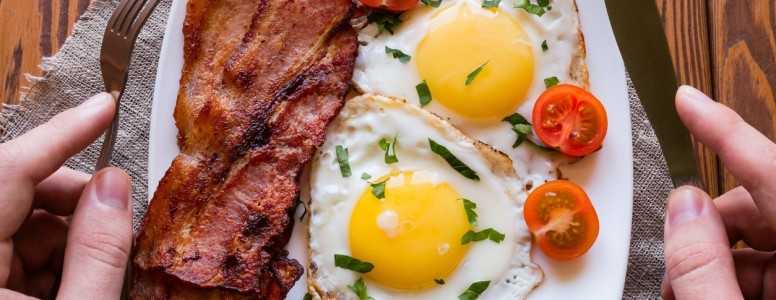A new study on the effects of diet on the brain and behaviour has found that consuming a low-carb breakfast may positively affect decision-making and social behaviour.
Low-carb meals are already popular with people with diabetes for their blood glucose-lowering effects and the new research suggests that low-carb food may also help relationships.
This study, published in the Proceedings of the National Academy of Sciences, shows that specific brain chemicals may influence our social decisions in response to low-carb food.
Researchers at the University of Lübeck, in Germany, used an online money-sharing game, called “The Ultimatum Game”, as a proxy to test diet-induced social decisions.
The game gives players the opportunity to either accept or reject a clearly unfair financial offer from an opponent. If the offer is rejected, no one gets any money.
The team had 87 college students play the game to see whether they made more forgiving decisions based on what they had eaten a few hours before playing it.
In the first part of the study, where the choice of breakfast was at the discretion of participants and the ratio of carbohydrate in the meal disclosed to researchers, those who ate fewer carbs made more considerate decisions.
Specifically, only one-quarter of students who’d eaten a lower-carb breakfast rejected unfair offers, while 53 percent of those who’d eaten a high-carb breakfast did.
In the second part of the study, researchers had 24 men come into the lab on two consecutive mornings and eat a prepared breakfast either high in carbs (80%) and low in protein (10%), or lower in carb (50%) with moderate protein (25%).
Similar results were found. The men were more likely to reject unfair offers on the morning where they had been offered the high-carb breakfast.
It’s unclear why carbs (or protein) might influence people’s decisions, but the study did point to a potential explanation. After the high-carb breakfast, people tended to have significantly lower blood levels of an amino acid called tyrosine.
L-tyrosine, as found in foods such as chicke, fish, peanuts, avocados, cheese or yogurt, is involved in the production of important brain chemicals, called neurotransmitters, including epinephrine, norepinephrine, and dopamine.
A lower-carb/protein-rich meal might allow for higher levels of tyrosine, possibly reinforcing the reward pathway of the brain controlling social decisions like rejection.
Overall, the study shows that a small variation in diet composition with nutrients that have certain mood-elevating properties, can have a striking impact on social decisions.
What's new on the forum? ⭐️
Get our free newsletters
Stay up to date with the latest news, research and breakthroughs.








